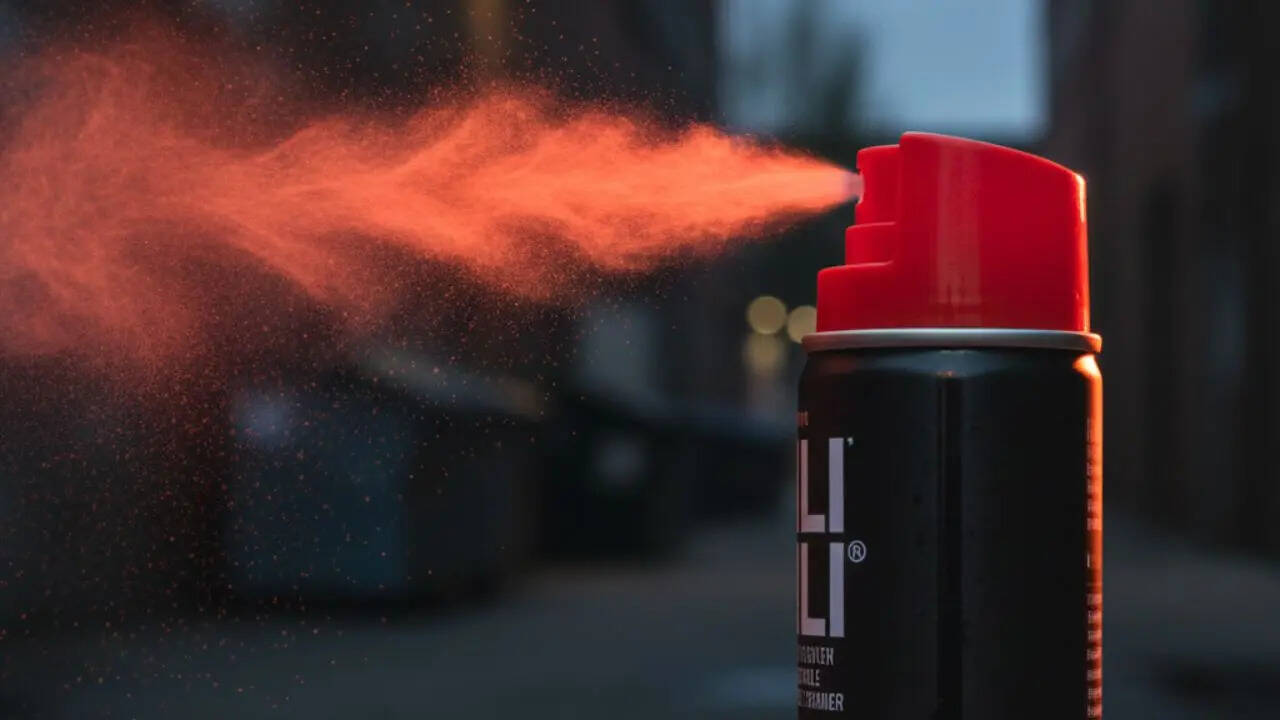Chilli Spray Used During Pollution Protest: How The Exposure Can Irritate Eyes And Airways Within Minutes

Credits: Gemini
SummaryThe Delhi protest incident involving chilli spray has raised questions about its health impact. This piece explains what chilli spray is made of, how it reacts with the eyes and airways and what a person should do immediately after exposure.
End of Article
